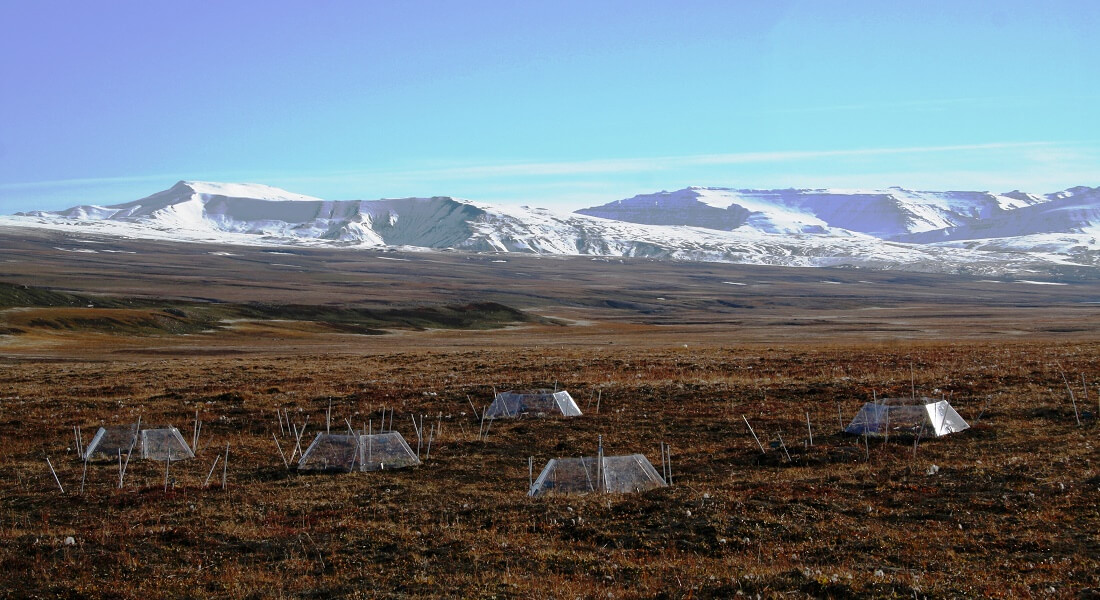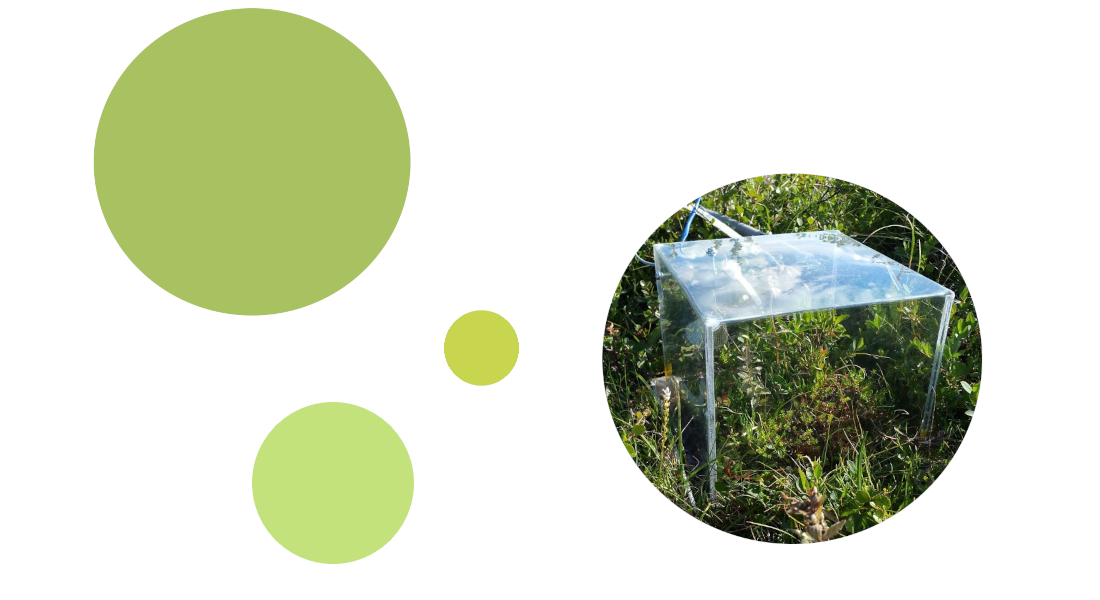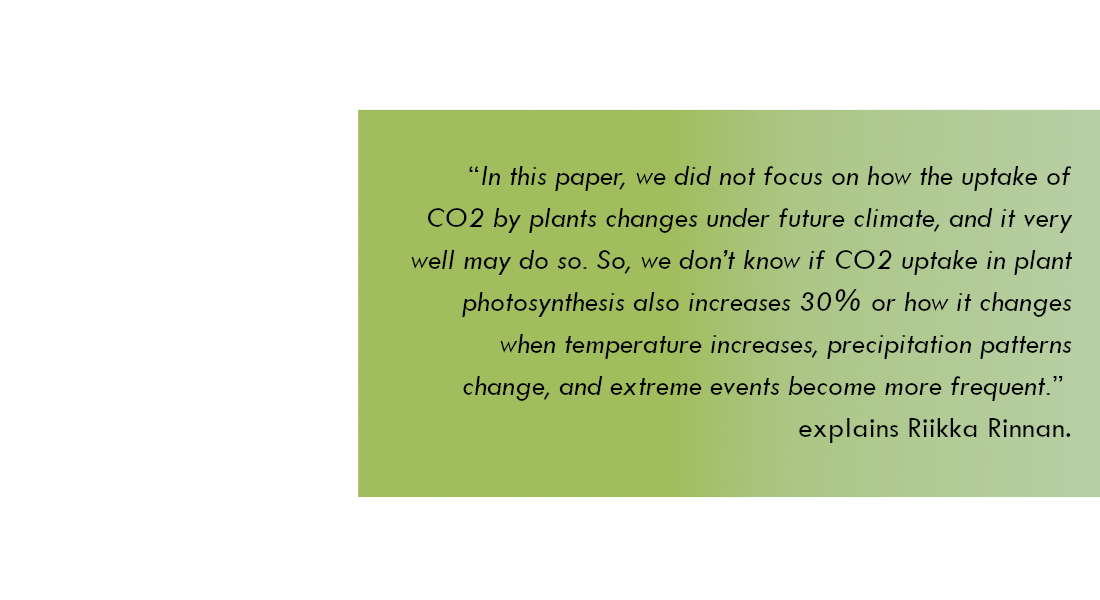New Nature paper: Tundra ecosystems breathe heavier with rising temperatures

VOLT has contributed to a large international article that documents persistently increasing ecosystem respiration (release of CO2 from soil and plants) in tundra ecosystems worldwide in response to rising temperatures. The article was recently published in Nature.

”When we measure volatiles at VOLT, we often also measure CO2 exchange of ecosystems in order to monitor the basic functioning of plants and microbial communities or to estimate the contribution of volatiles to total carbon budgets. But often these data are not relevant for the storyline focusing and context of our papers, and may remain unused. So, we were happy to contribute to this paper by providing earlier unpublished datasets of time series of CO2 measurements from two Arctic locations, one in northern Sweden and one in northeast Greenland.” tells the center director of VOLT, Riikka Rinnan, who co-authored the article along with Patrick Faubert and Ingvild Ryde that participated in the measurements.
 The study is a synthesis of datasets from 28 locations in Arctic and Alpine tundra environments, and it shows that ecosystem respiration increases by 30% in response to a small temperature increase of 1.4 degrees. This response remains during the entire period that we have measurement data for, which is at least 25 years. As tundra soils are an enormous carbon store, the accelerated loss of carbon as CO2 to the atmosphere may sound like doomsday news in the climate context. However, climate warming may also speed up the uptake of CO2 by plants compensating for the release of CO2 in respiration.
The study is a synthesis of datasets from 28 locations in Arctic and Alpine tundra environments, and it shows that ecosystem respiration increases by 30% in response to a small temperature increase of 1.4 degrees. This response remains during the entire period that we have measurement data for, which is at least 25 years. As tundra soils are an enormous carbon store, the accelerated loss of carbon as CO2 to the atmosphere may sound like doomsday news in the climate context. However, climate warming may also speed up the uptake of CO2 by plants compensating for the release of CO2 in respiration.
“In this paper, we did not focus on how the uptake of CO2 by plants changes under future climate, and it very well may do so. So, we don’t know if CO2 uptake in plant photosynthesis also increases 30% or how it changes when temperature increases, precipitation patterns change, and extreme events become more frequent.” explains Riikka Rinnan.
